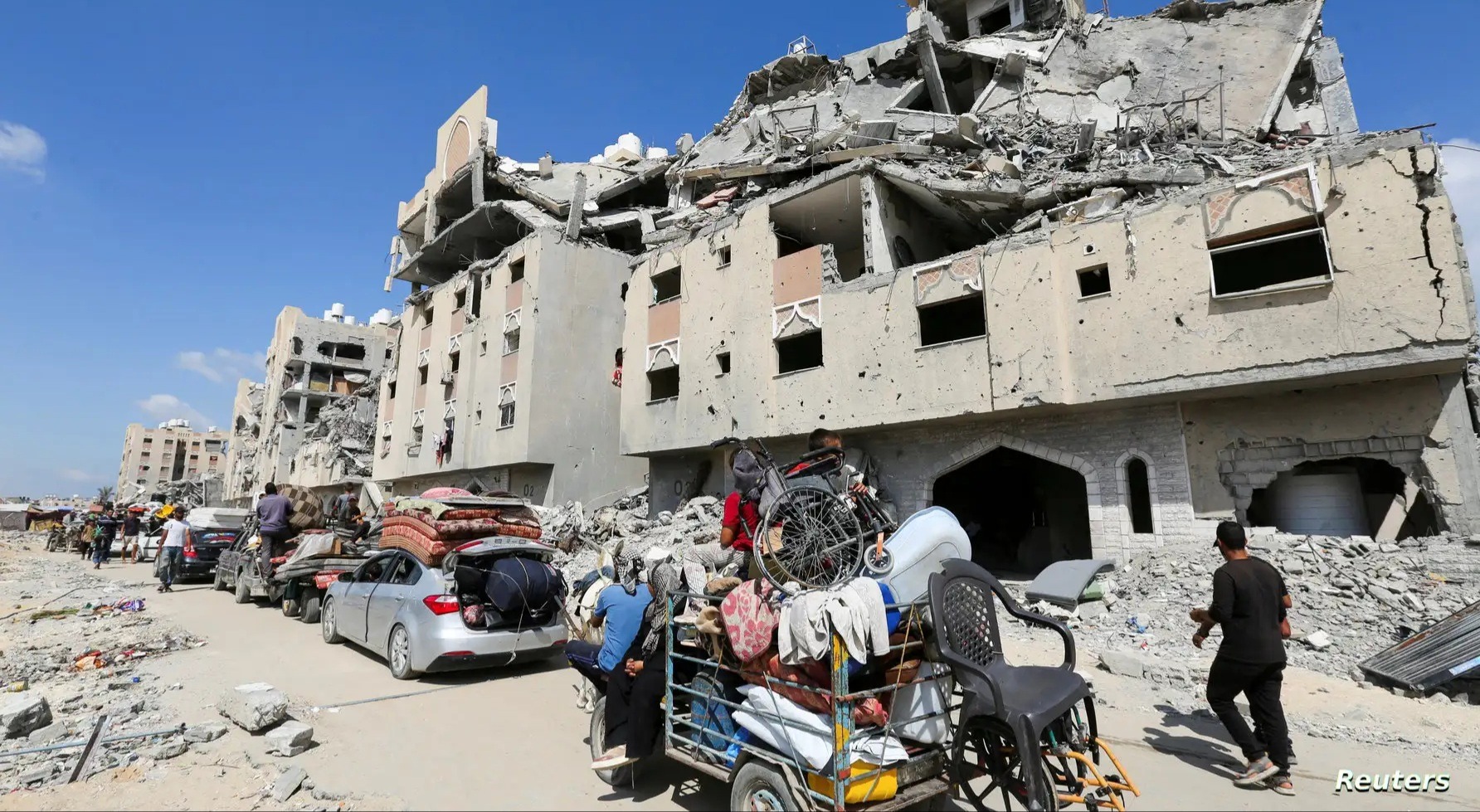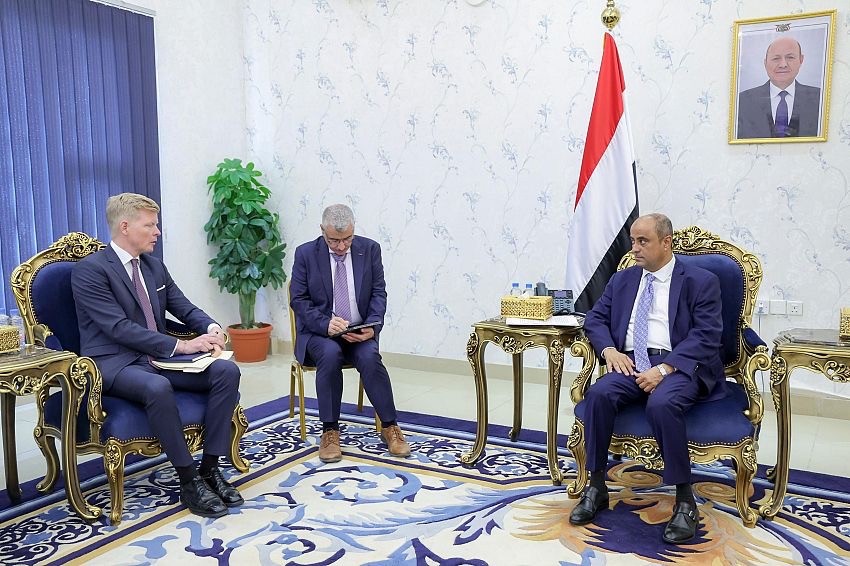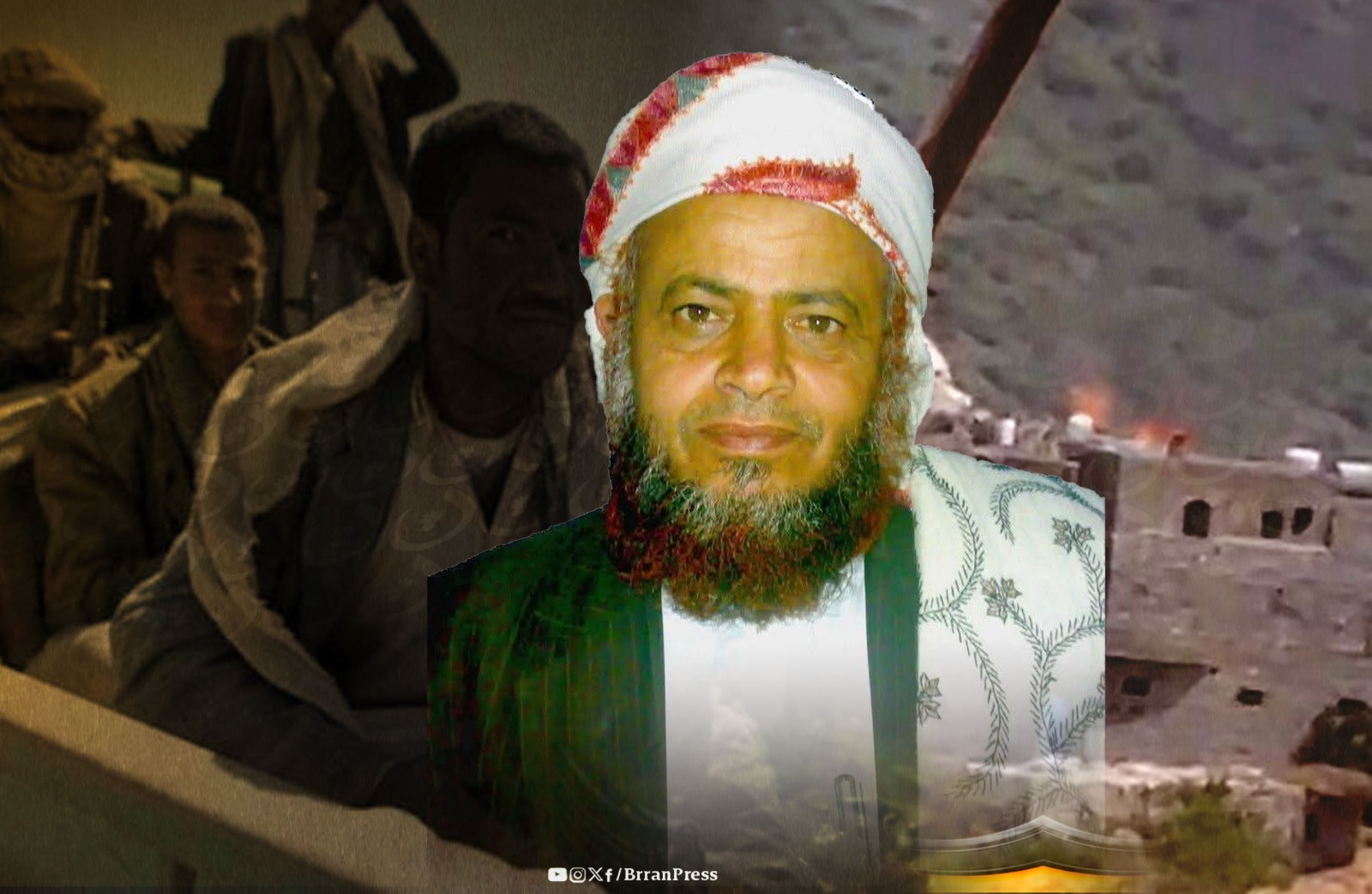
Barran Press
The United States, Qatar, and Egypt announced on Friday, August 16, 2024, that they had presented a new proposal during two days of talks in Doha, aiming to "narrow the gaps" between Israel and Hamas, which has rejected the proposal.
A joint statement from the three countries stated that negotiations will resume next week in Cairo, amidst ongoing diplomatic pressure to prevent the conflict from escalating regionally, following heightened tensions between Iran and Hezbollah with Israel in recent weeks.
The statement read, "Over the past 48 hours in Doha, senior officials from our governments have engaged in intensive talks as mediators to reach an agreement for a ceasefire in Gaza, the release of hostages and detainees. These talks were serious, constructive, and took place in a positive atmosphere."
It continued, "The United States, with the support of Qatar and Egypt, presented both parties with a proposal that narrows the gaps between them and aligns with the principles set by US President Joe Biden on May 31." The statement explained that the proposal "bridges the remaining gaps in a way that allows for the swift implementation of the agreement."
The statement announced that negotiators will meet "again in Cairo before the end of next week, hoping to reach an agreement according to the terms presented today."
Following the release of the statement, a senior Hamas source confirmed to Agence France-Presse that the movement's leadership had been informed of the results of the Doha meetings.
The source added that the Israeli delegation "imposed new conditions in line with its approach to obstruction, such as insisting on keeping military forces in the area of the border strip with Egypt (the Philadelphi Corridor) and having the right to veto the names of (Palestinian) prisoners and expel others outside Palestine."
The source stressed that Hamas "will not accept anything less than a complete ceasefire, a full withdrawal from the Gaza Strip, a normal return for displaced persons, and a prisoner exchange deal without any restrictions or conditions imposed by the occupation."
This statement comes amidst intensified diplomatic efforts following threats from Iran and Hezbollah to attack Israel in response to the assassination of Hamas political bureau chief Ismail Haniyeh in Tehran on July 31, in a strike attributed to Israel. This incident occurred hours after the killing of Hezbollah military commander Fouad Shukr in an Israeli strike in the southern suburbs of Beirut.
Tehran vowed to "take revenge" for Haniyeh's death, while Hezbollah pledged to retaliate for Shukr's killing.
However, US President Joe Biden stated on Tuesday that reaching a ceasefire agreement in Gaza could push Iran to refrain from launching an attack on Israel.
On Friday, Biden affirmed that reaching an agreement on a ceasefire and the release of hostages in Gaza is "closer than ever."
Speaking on the sidelines of a celebration at the Oval Office, he said, "We haven't reached an agreement yet," but added that reaching a settlement is now closer "than it was three days ago."
The talks in Doha began on Thursday with the participation of CIA Director William Burns, in addition to the heads of the Israeli foreign intelligence agency (Mossad) David Barnea and domestic intelligence agency (Shin Bet) Ronen Bar.





